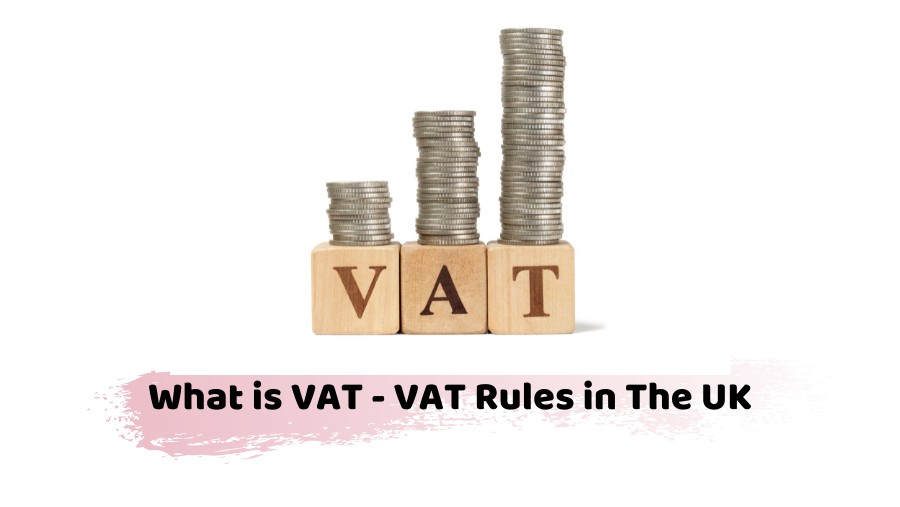Most purchases carry a VAT charge. Value Added Tax (VAT) is levied on most business transactions and on many goods and some services.
There are three rates of VAT in the UK:
- 20% (the ‘standard’ rate).
- 5% (‘reduced’ rate) and
- 0% (‘zero’ rate).
You will probably have to register for VAT if any of the following apply…
- The taxable turnover of your business in the previous 12 months reaches the VAT registration limit (£77,000 from 1/4/12), although you can also register on a voluntary basis if your turnover is below this.
- You believe your turnover in the next thirty days will exceed the registration limit.
- You take over a business as a going concern whose turnover meets the conditions of the previous two points.
- You buy goods from elsewhere in the EU to a value above the registration limit in one calendar year.
There are penalties for failing to register on time.
Goods and services liable to VAT are known as ‘taxable supplies’. Once registered you must charge VAT on all taxable supplies.
VAT doesn’t apply to everything. Supplies that are specifically not subject to VAT are referred to as ‘exempt’ and include insurance, financial services, postal services, health, and education, although there are exceptions in every category.
The amount of VAT payable to Revenue and Customs is the difference between your output tax on your sales and input tax on your purchases. If input tax is greater than output tax, a refund may be owed. The VAT due is normally payable each quarter following the submission of a VAT return, although under certain schemes the payments can be made monthly.
Should you register?
If your taxable turnover is below £77,000 (from 1 April 2012) you don’t have to register but you may be eligible to apply for ‘voluntary registration’.
There can be advantages in registering such as…
- increased business credibility;
- potential savings if your supplies are zero-rated but you can still reclaim VAT on your purchases;
- potential savings if you mainly supply other VAT registered businesses who don’t mind being charged VAT and you can then still reclaim VAT on your purchases.
This does however have to be weighed up against the hassle factor of completing VAT returns and paying the VAT due every quarter. If you supply the general public you will probably not want to register as this simply puts your prices up by the rate of VAT.
VAT Schemes
There are various VAT schemes, mainly for small businesses…
- Cash accounting – If your taxable turnover is under £1,350,000 a year you can arrange to account for VAT on the basis of cash received and paid, rather than the invoice date or time of supply.
- Annual accounting – You can complete one VAT return per year rather that four if your turnover is under £1,350,000. You must also make nine payments on account throughout the year, and a balancing payment with the VAT return.
- Flat rate scheme – This is for businesses with a turnover of under £150,000 and saves on administration as you just pay a set percentage of your VAT inclusive turnover based on your business sector rather than accounting for VAT on each individual “in and out”. It can also reduce the VAT you pay in some situations.
- Retail schemes – These apply to retailers and offer an alternative if it’s not practical to issue invoices for a large number of supplies direct to the public.
How We Can Help You
We can assist you with:
- registering for VAT
- advising on the suitability of VAT schemes
- assisting with the completion of VAT returns
- setting up your accounting system to deal with VAT
- representing you in any disputes with HM Revenue & Customs
- providing VAT planning advice for complex transactions such as when buying property.





















































